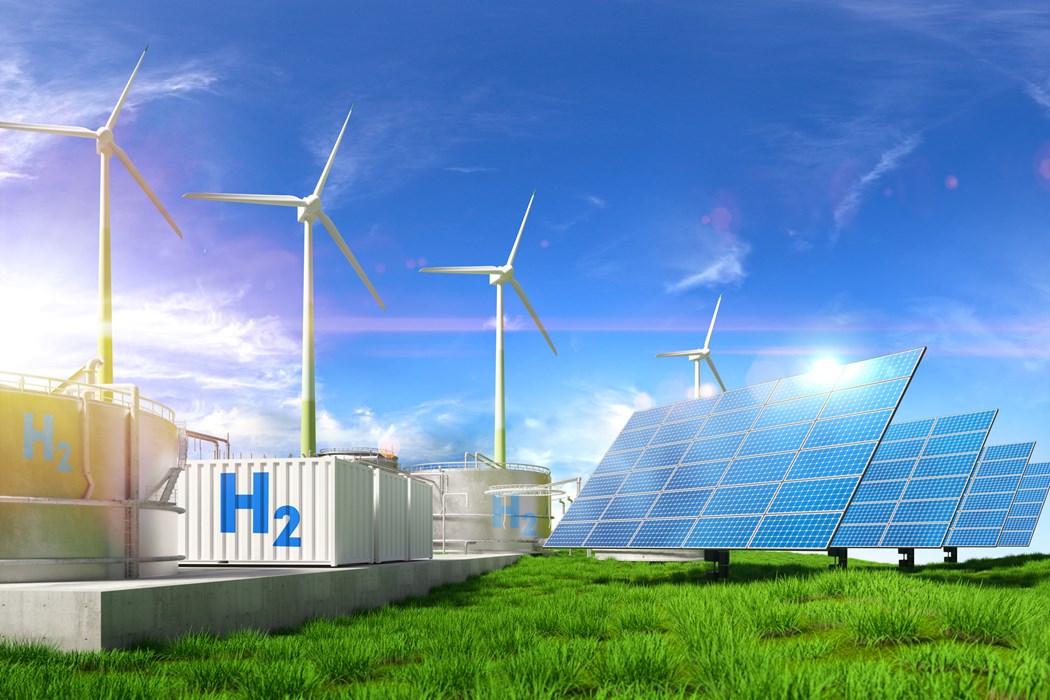Early agreements to develop renewable energy supply chains in the Global South have centred on the extraction of essential minerals. For instance, the European Union is working on an agreement to supply Latin American countries with electric buses in exchange for easier access to lithium reserves for European businesses. These agreements are tainted by the legacy of colonial “development”. The colonial powers used the populations and territories of the Global South as a source of raw resources and other commodities to fuel their expansion.
(A colonial power purchasing cotton from a colony and reselling it as textiles is an example.) Rich economies today must actively assist the development of processing and manufacturing value-added in emerging and developing economies in order to stop this pattern from repeating itself.
The majority of sustainable energy products will likely be made in China, Europe, or the US in the future, but developing nations are not eager to just export raw minerals like cobalt or lithium. At a 2023 finance forum in Paris, Zambia’s President Hakainde Hichilema stated that strengthening renewable energy supply chains in underdeveloped and emerging nations will help both the Global North and the Global South.
The approach taken by Indonesia in this situation is very attractive: it is converting its nickel reserves, which rank first in the world, into processing and manufacturing strength. The export of raw nickel ore is prohibited as part of this strategy to encourage investment in Indonesian nickel processing. Now, several nations are doing the same. Raw lithium exports have been prohibited by Namibia and Zimbabwe, Chile is attempting to acquire ownership holdings in its lithium mines, and the head of the Democratic Republic of the Congo’s state-owned mining corporation Gécamines has asked for cobalt export limitations.
This demonstrates that, from the standpoint of a single nation, policies to preserve employment and domestic processing of higher-value minerals are worth the chance of temporarily decreasing the global supply of clean energy inputs
Jeremy Goldman
Policy analyst Jonas Goldman has worked in academia, electoral politics, and the public sector in both the US and Canada. He has worked as a researcher on climate industrial policy for the International Institute for Sustainable Development, the Smart Prosperity Institute, and the Johns Hopkins Net-Zero Industrial Policy Lab. He also holds the position of senior research associate there.
Therefore, investment in supply networks for renewable energy manufacturing in emerging nations will facilitate the politics of global decarbonization.
This demonstrates that, from the standpoint of a single nation, policies to preserve employment and domestic processing of higher-value minerals are worth the chance of temporarily decreasing the global supply of clean energy inputs.
Therefore, investment in supply networks for renewable energy manufacturing in emerging nations will facilitate the politics of global decarbonization. Building a green economy, political scientists have argued, builds the political alliances required to support aggressive climate action. The political economy of the domestic energy transition in the United States mandates that U.S.
The IRA allocates the majority of its manufacturing subsidies to Republican-led states that have a preference for fossil fuels in order to spread out clean energy manufacturing and jobs across the nation. Similar to how processing resources and producing batteries globally is crucial for the political economy of the global energy transition. It is difficult enough for nations that currently rely on fossil fuel revenues to adopt actions that could move income from domestic players currently engaged in the extraction and refinement of oil to those engaged in the extraction and refinement of lithium, let alone from domestic oil companies to international battery companies.

